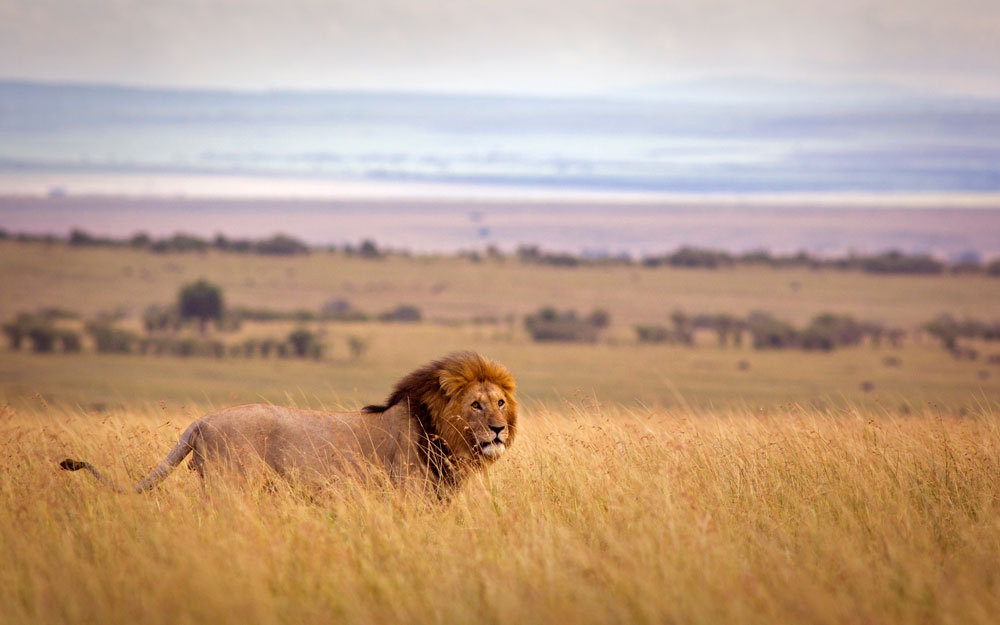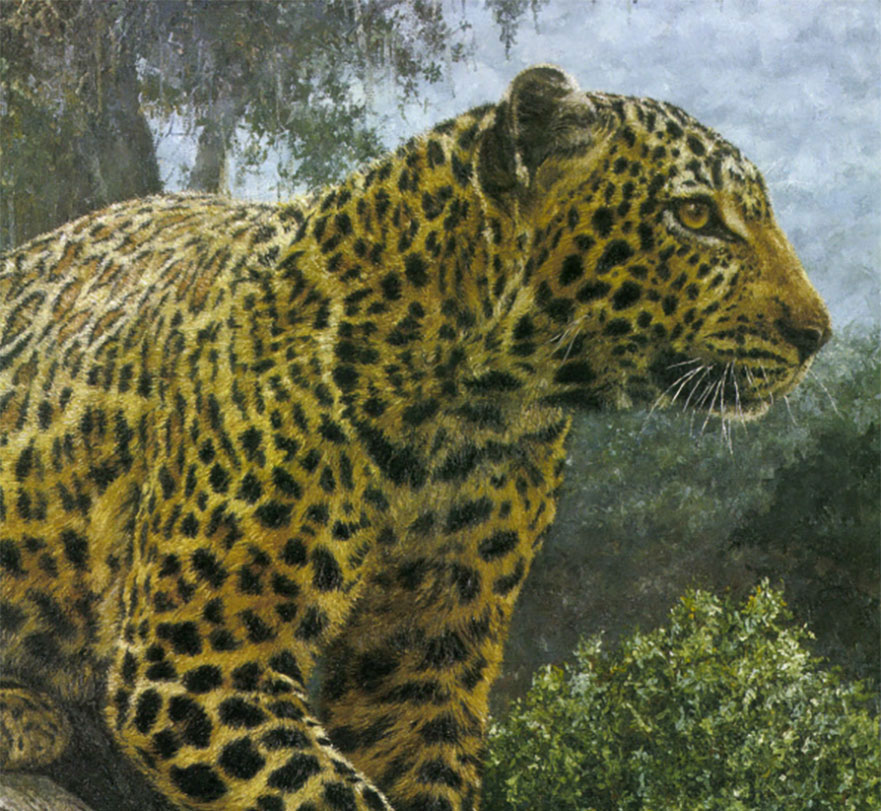The pendulum is swinging back in favor of lion hunting. The U.S. Fish and Wildlife Service has issued a statement in favor of sport-hunting for African lions, allowing some hunters to bring their legally harvested trophies to the U.S. via special import permits.
USFWS will now issue permits for lions taken in the southern African countries of Zambia and Zimbabwe. Hunters must have hunted or be hunting between January 1, 2016, and December 31, 2018, to qualify, and they must provide the CITES-required export permits from the country their lion was taken in.
The Service’s website reads, in part:
To determine whether to allow imports of sport-hunted lion trophies, the Service considers factors such as the biological needs of the species; possible threats to the populations; current population estimates; management programs; legal protection (including hunting regulations and any applicable quotas); local community involvement; and, if any funds are generated by the import, how those funds are used for conservation. The Service will allow imports from countries that have well-managed hunting programs that are contributing to conservation of lions in the wild. We hope that these approvals will encourage other countries to strengthen their lion conservation efforts.
Zambia and Zimbabwe join South Africa on USFWS’s list of approved lion-hunting countries; permits for lions from these countries can typically be approved within 45 to 60 days. However, South Africa’s captive lions are not currently eligible for importation “until new information is received,” according to the USFWS.
“In order to permit the import of lion trophies under the ESA, exporting nations like South Africa must provide clear evidence showing a demonstrable conservation benefit to the long-term survival of the species in the wild,” then-USFWS Director Dan Ashe said. “In the case of lions taken from captive populations in South Africa, that burden of proof has not been met.
“Many Americans, whether they hunt or not, believe that hunting captive-bred lions is unethical. Regardless, our decision to prohibit such imports is based solely—as the law requires—on our evaluation of the conservation benefits of captive lion hunts. If and when such benefits can be clearly shown, we may reevaluate our position.”
USFWS has not yet made a decision as to the importation of lions from Namibia, Tanzania, and Mozambique. The countries are listed as “Under Review” and could soon be approved for importation as well.
For more information on lion importations to the U.S., visit fws.gov/international/permits/by-activity/sport-hunted-trophies-lions.html.
Photo: WLDavies/iStock




